
The email alerts service allows anyone who registers their email address to be notified via email when new content goes online.
Recommend this journal to your friend or library.
Manuscripts should be submitted online through our website or as an email attachment to the editorial office at editor.jbmt@nobleresearch.org
- Latest Articles
- Most Viewed
Latest Articles
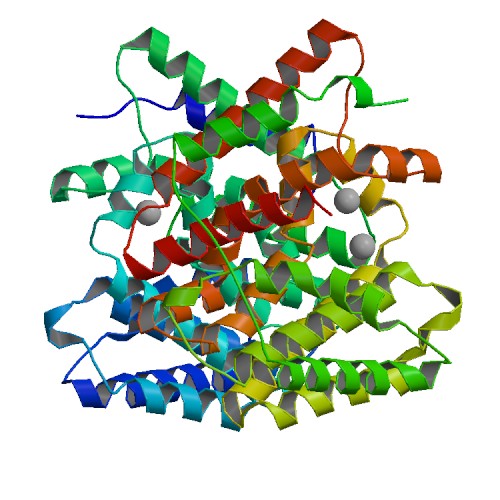
Manipulating intradiol dioxygenases by C-terminus truncation
13 May 2019
It is hypothesized that C-terminal truncation could in some cases provide a useful strategy for increasing intradiol dioxygenas... More
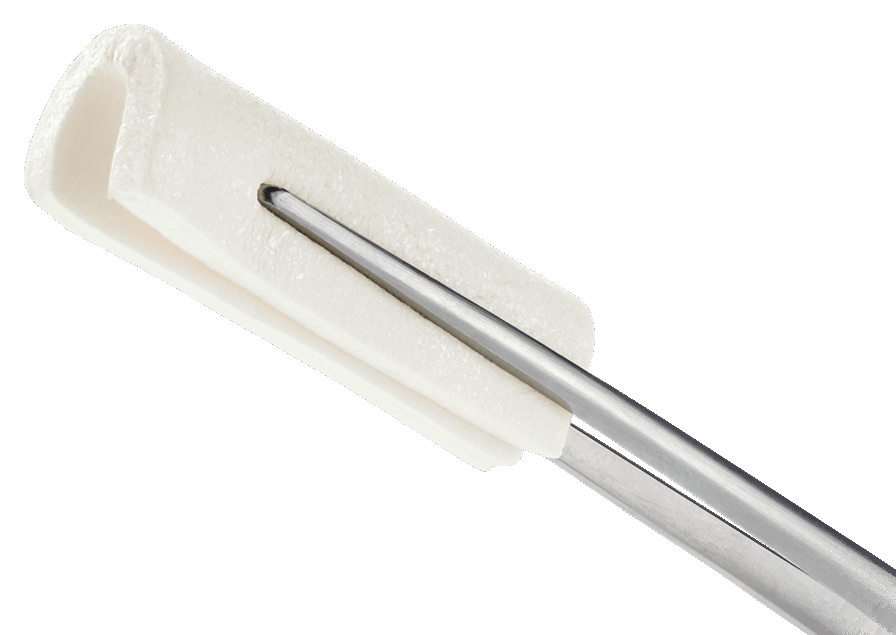
Xerogel based catalyst for improved cathode performance in microbial fuel cells
11 Mar 2019
In a microbial fuel cell (MFC) the reduction reaction at cathode has been a limiting factor in achieving maximum power density,... More
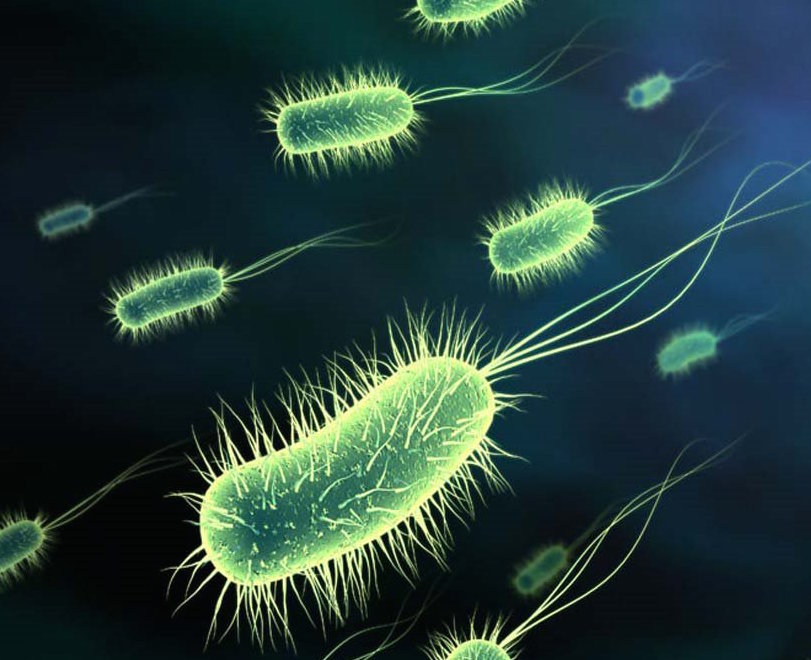
Effects of lipopolysaccharide structure on lycopene production in Escherichia coli
04 Feb 2019
The length of lipopolysaccharide affects lycopene biosynthesis in E. coli, and the shorter lipopolysaccharide and higher outer ... More
Progress in using threonine aldolases for preparative synthesis
06 Dec 2018
NMR studies were used to identify the major and minor diastereomers from the preparative-scale reactions and the absolute confi... More
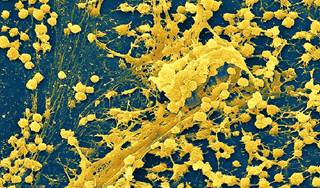
Biological synthesis of nanoparticles in biofilms
10 Nov 2018
The use of biofilms to synthesize and stabilize NPs is underappreciated and could provide a new direction in biofilm-based NP p... More
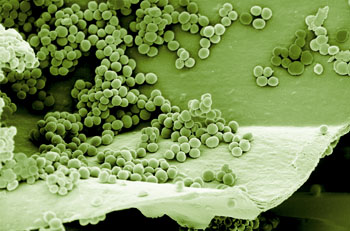
Biological synthesis of nanoparticles in biofilms
16 Oct 2018
Use of biofilms to synthesize and stabilize NPs is underappreciated and could provide a new direction in biofilm-based NP produ... More
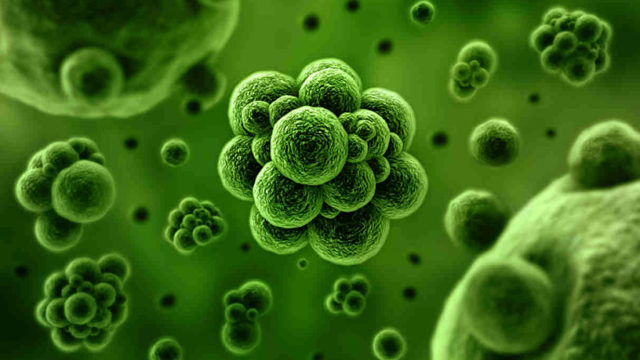
The effect of the algal microbiome on industrial production of microalgae
08 Sep 2018
Latest studies of algae–microbial interactions and their underlying mechanisms, advantages of large-scale algal–bac... More
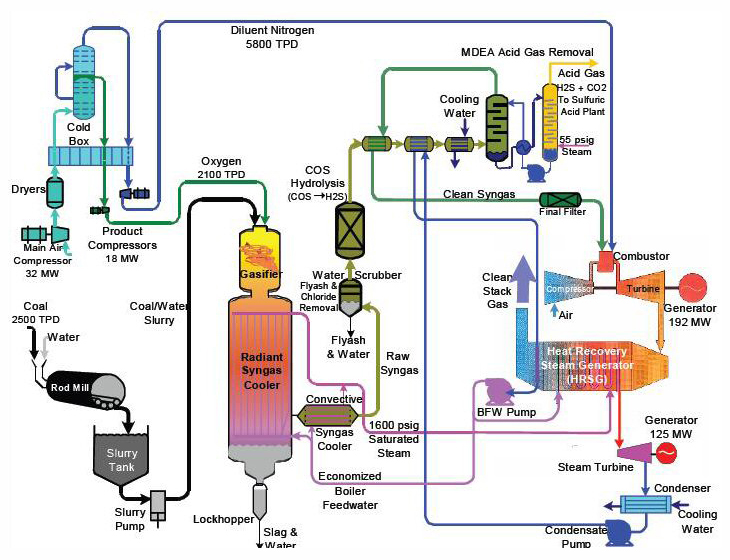
Enrichment of syngas-converting communities from a multi-orifice baffled bioreactor
09 Aug 2018
The role of Sporomusa species in the enrichment as primary CO utilizers and their importance for methane production as conveyer... More
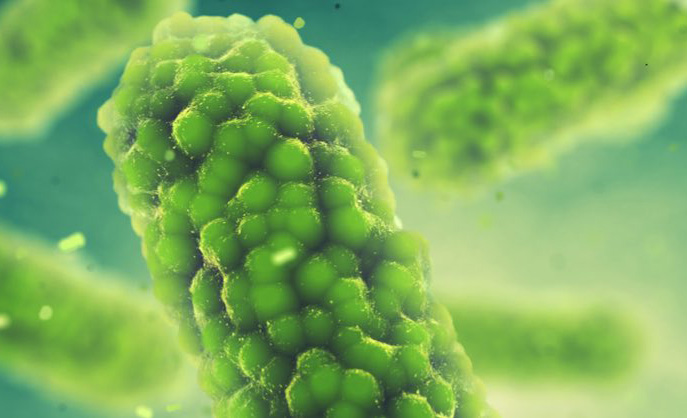
The effect of the algal microbiome on industrial production of microalgae
13 Jul 2018
Advantages of large-scale algal–bacterial cocultivation and extend such knowledge to a broad range of biotechnological ap... More
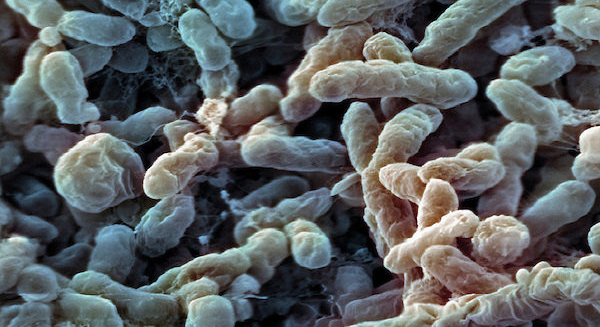
Characterization of two styrene monooxygenases from marine microbes
05 Jun 2018
Styrene monooxygenases (SMOs) are highly stereoselective enzymes that catalyze the formation of chiral epoxides as versatile bu... More
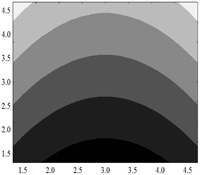
Optimization of xylanase production by Cryptococcus flavescens LEB-AY10 from steam exploded sugarcane bagasse
01 May 2015
The production of a thermostable xyl... More

On the function of pentadecanoic acid and docosahexaenoic acid during culturing of the thraustochytrid, Aurantiochytriumsp. NB6-3
01 Jan 2015
During culturing of Aurantiochytr... More

Sequence analysis of gene encoding cyclotides in three species of Violaceae and determination of their anti-microbial activities
01 Feb 2014
Cyclotides are plant peptides, which... More
Most Viewed

Optimization of xylanase production by Cryptococcus flavescens LEB-AY10 from steam exploded sugarcane bagasse
01 May 2015
The production of a thermostable xyl... More

On the function of pentadecanoic acid and docosahexaenoic acid during culturing of the thraustochytrid, Aurantiochytriumsp. NB6-3
01 Jan 2015
During culturing of Aurantiochytr... More

Sequence analysis of gene encoding cyclotides in three species of Violaceae and determination of their anti-microbial activities
01 Feb 2014
Cyclotides are plant peptides, which... More

Sanfilippo syndrome: Cellulose affinity purification of α-N-acetylglucosaminidase for uptake studies
01 Nov 2013
Human α-N-acetylglucosaminidas... More
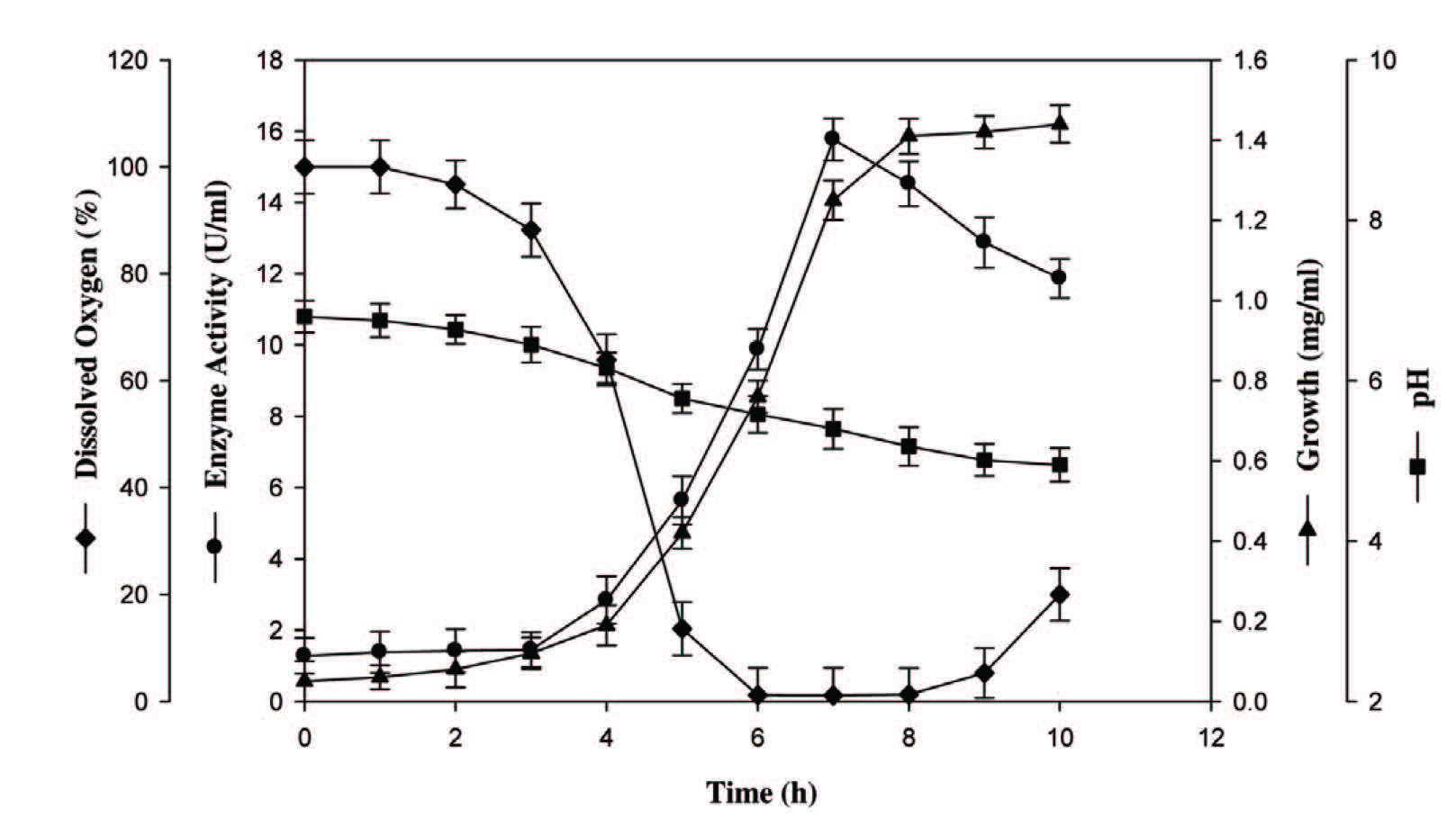
Oxygen transfer rate modulates the dextransucrase production by Acetobacter tropicalis
01 Jul 2013
Dextransucrase is an important class... More
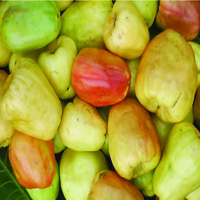
Ethanol production from cashew apple juice using statistical designs
01 Jul 2013
Statistical experimental designs wer... More
Aims And Scope
Journal of Biochemical & Microbial Technology (JBMT) is an international refereed journal, which publishes high-quality original articles reporting new information on applied aspects of the science and technology with the development of new methods or the significant modification of existing techniques to solve theoretical and experimental problems, processes involving the use of micro-organisms, animal cells and plant cells and encourage submission of manuscripts with relevance to biotransformation, molecular biology, nanobiology, biochemical microbiology, clinical microbiology, microbial genetics, microbial pathogenesis and immunology and treatment of infectious diseases. The wide range of topics includes biotechnological productions, Immunological techniques applicable to biochemistry, mechanisms of enzymatic reactions, enzyme immobilization, biosynthesis and biogenesis, metabolic engineering, genetics, microbiology and biomedical sciences.
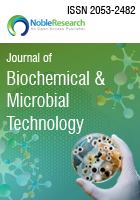
Original research: primary research from any area of Biochemistry, Microbiology, or Biochemical and Microbiological related/interdisciplinary area.
Case reports: reports of clinical cases that can be educational, describe a diagnostic or therapeutic dilemma, suggest an association, or present an important adverse reaction.
Editorial: to introduce and comment on major advances and developments in the field.
Methodology: present a new experimental method, test or procedure. The method described may either be completely new, or may offer a better version of an existing method. The article must describe a demonstrable advance on what is currently available. The method needs to have been well tested ideally, but not necessarily, used in a way that proves its value.
News and commentary: short, focused and opinionated articles on any subject with in the journal’s scope. These articles are usually related to a contemporary issue, such as recent research findings, and are often written by opinion of leaders invited by the editorial board. Editorial board members and section editors may write such articles to highlight hot or emerging areas of research within a given field.
Rapid communications: devoted to the publication of short papers presenting highly original and significant material.
Review: to review systematically progress and unresolved problems in the field and make suggestions for future work. Comprehensive, authoritative, descriptions of any subject within the scope of Biochemical & Microbial Technology journal.
Short reports: brief reports of data from original research.
Letters to the Editor: to discuss and make reply to the contributions published in JBMT, or to introduce and comment on a controversial issue of general interest.
All articles of JBMT are posted online immediately as they are ready for publication. All articles will be assigned a DOI number (Digital Object Identifier) where they become searchable and citeable without delay.
- JBMT offers scientists the opportunity to publish their research rapidly in an open access medium that is freely available online to researchers worldwide.
- Electronic submission of manuscripts.
- Immediate publication tentatively within a month/two months of Initial submission.
- Efficient and objective peer review with a streamlined electronic production workflow.
- No barriers, which helps your research reach the entire scientific community worldwide.
- Our professional staff adds further value to your paper through the copy-editing process, which minimize stylistic errors and improves readability.
- Our professional staff continuously working to improve the search engine rankings for NobleResearch group journals.
- Our linking program extends too many abstracting and indexing databases, library sites, and includes participation in CrossRefTM.
Peer-review is commonly accepted as an essential part of scientific publication. We appreciate the time that referees devote to assessing the manuscripts we send them, which helps to ensure that NobleResearch journals publish only material of the highest quality. Peer reviewers are asked to give their opinion on a number of issues pertinent to the scientific and formal aspects of a paper, and to judge the papers on grounds of originality and urgency. All relevant information will be forwarded to the author(s). There are several types of decision possible for each article.
- Accept manuscript without revision
- Accept after minor or major revision
- Submit elsewhere, if the manuscript is better suited for another journal in our group
- Reject manuscript, if the manuscript is substandard
In addition, papers may be rejected directly by the Chief Editor if judged to be out of scope or if scientifically or formally sub-standard. When asking for revisions, reviewers have two possible goals: to ask authors to tighten their arguments based on existing data, or to identify areas where more data are needed. Even formal revision may be required if the language or formalities is sub-standard. To facilitate rapid publication, authors are given a maximum of two months for revision. After two months, revised manuscripts will be considered as new submissions.
The review process is strictly confidential and should be treated as such by reviewers. Because the author may have chosen to exclude some people from this process, no one not directly involved with the manuscript, including colleagues or other experts in the field, should be consulted by the reviewer unless such consultations have first been discussed with the professional editor.
NobleResearch believes that an efficient editorial process that results in timely publication provides a valuable service both to authors and to the scientific community at large. We therefore request that reviewers respond promptly, usually within fourteen (14) days of receipt of a manuscript. If reviewers need more time, we request that they contact us promptly so that we can keep the authors informed and, if necessary, assign alternative reviewers.
Authors may and should take advantage of the web-based nature of the publication by submitting supplemental files that include animations, software demonstrations and innovative graphics. Supplemental files will be evaluated with the manuscript as part of the peer-review process. They should not exceed 20 megabytes in size. We accept the following file formats for supplemental files: TIF (tif), JPEG (jpg), GIF (gif), Animated GIF (gif), PostScript (ps), Encapsulated PostScript (eps), Adobe Photoshop (psd), AdobePDF (pdf), Audio (au), Audio (mp3), Audio (wav), MPEG (mpg), Quicktime (avi), Quicktime (mov).
Copyright on any open access article in a journal published by NobleResearch Publishers is retained by the author(s).
The Creative Commons Attribution License 4.0 formalizes these and other terms and conditions of publishing articles. In accordance with our Open Data policy, the Creative Commons CC0 1.0 Public Domain Dedication waiver applies to all published data in NobleResearch Publishers open access articles. Please contact us if there are any questions regarding Copyright policy.
Journal of Biochemical & Microbial Technology offers a wide range of advertising opportunities to promote your product or service. NobleResearch group reserves the right to reject any advertisement not considered suitable for publication.
For more information please contact:
Marketing Director
Email: marketing@nobleresearch.org



